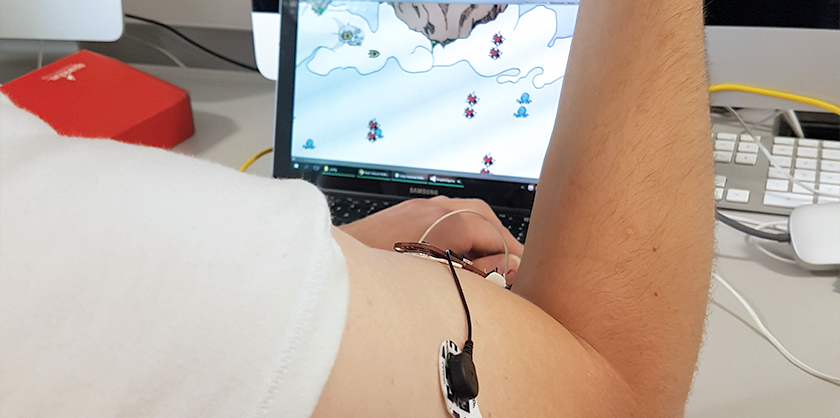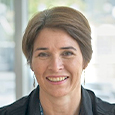SEARCH
Enter your search term below:
Close
Enter your search term below:

WORLD LEADING BUSINESS SUPPORT

Mirror Therapies, based at the University of Portsmouth, is using virtual reality to provide enhanced motor visualisation of a missing limb to support the treatment of phantom limb pain in amputees. This innovative project aims to empower patients to manage their pain more effectively, reducing the need for clinic visits or medication.

SETsquared programme: Innovation to Commercial Realisation (ICURe)
SETsquared support received: ICURe grant, events, market research, networking
Investment raised: Innovate UK Grant £500k; Private funding £310k
May 2015
Started on ICURe programme
August 2015
Began working in partnership with military rehabilitation
December 2015
Launched pilot project
July 2016
Refining prototype game
July 2016
Submitted $2m bid for joint physical rehabilitation project for amputees

“Initially we thought treating phantom pain was the primary goal however, during the ICURe market validation phase it became apparent that there is a pressing demand for our technology to be used to help amputees train their muscles to control prosthetic arms and visualise what prosthetics would look like before purchase. This realisation changed our activities – we still want to treat phantom pain, but we’ve identified a wider market for the underlying principles of our technology.”
“After the Options Roundabout, we began further developing the sensor signalling and refining our prototype game to begin feasibility testing for phantom limb pain. Alongside that, we began applying for a Wellcome Trust grant looking at embodiment and how that’s going to impact the therapeutic benefits, and also an NIHR grant to get feasibility testing done with patients.”
“The ICURe programme has had a huge impact on me as an academic. I now understand the commercial side of research and how to launch a business. It’s made a massive difference to how I talk about my research. I now know how to speak to potential partners and funders – am I addressing their problem with a solution and understanding what they will pay for?”
“As academics, we’re very good at the research and knowing the application area, and how to treat it with our solution – and you can go all the way down the line and create a product that will make things better for a patient. And that’s often the end-point for an academic but from a commercial point of view that could be completely useless unless it’s also addressing what the funders need and what the therapists want – and unless you understand that, it doesn’t matter how good your research is – it’s not going to be used.”
“ICURe has opened up so many exciting opportunities and avenues for us. During the market validation phase of ICURe we established a partnership with an American military rehabilitation centre. We’ve just submitted a $2m bid with them on a physical rehabilitation project for amputees. This has been alongside the Mirror Therapy project which is progressing well and we are preparing for pre-clinical testing.”

Dr Wendy Powell, Reader in Virtual Reality
Mirror Therapies
Close